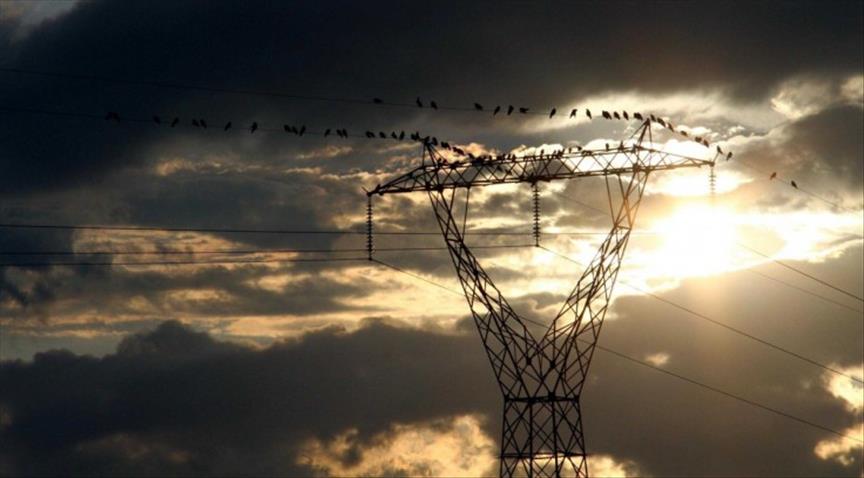EU's new fund for energy infrastructure projects for the period of 2014 to 2020 may be valuable in terms of electricity interconnection, but spreading the use of gas contradicts the EU's 2030 carbon emission targets, experts said.
The EU agreed to allocate €647 million ($810 million) in support of infrastructure projects in the Baltic region as well as in Central Eastern and Southeastern Europe, according to the European Commission's press release.
The 'Connecting Europe Facility', an initiative proposed by the EC in 2011 to support energy, transport and digital networks in Europe, will fund 16 gas and 18 electricity projects to improve the trans-European energy infrastructure for the period between 2014 and 2020.
"Gas interconnection projects can improve energy security and help reduce carbon emissions in the short term," according to Martin Nesbit, head of the environmental governance team at the Institute for European Environmental Policy.
"Gas projects can help reduce carbon emissions if they facilitate the replacement of more carbon-intensive energy sources, but their potential problem is that widespread use of gas may not be compatible with the deep decarbonization of energy supply needed for EU targets beyond 2030," Nesbit said.
He emphasized that interconnections risk becoming less relevant in the future in line with the EU's target for reducing carbon emission by 40 percent by 2030, and affirmed that gas capacity generally risks becoming a stranded asset.
Funding electricity connection projects could be more valuable in the long-term, as they help to facilitate better balancing of energy demand across the EU, improve efficiency and allow for the integration of intermittent renewable sources of generation, according to Nesbit.
- Prior, but uncertain
"In the light of the recent Russian-Ukraine conflict, the Commission together with its member states will prioritize infrastructure projects with the highest importance to fasten the implementation process," said Frank Umbach, research director at the European Centre for Energy and Resource Security at King's College London.
The implementation process includes gas interconnectors of the Southern Gas Corridor and North-South Gas Corridor, the LNG-terminal in Croatia, the Poland-Lithuanian gas pipeline and a Spain-France gas interconnector.
European countries have been trying to reduce their gas dependence on Russia and diversify their energy resources due to the Russian-Ukraine crisis.
Although it is uncertain which projects will be given priority, the Commission has identified almost 250 gas and electricity infrastructure projects to be funded since 2011.
By Nuran Erkul,Zeynep Beyza Karabay and Murat Temizer
Anadolu Agency


